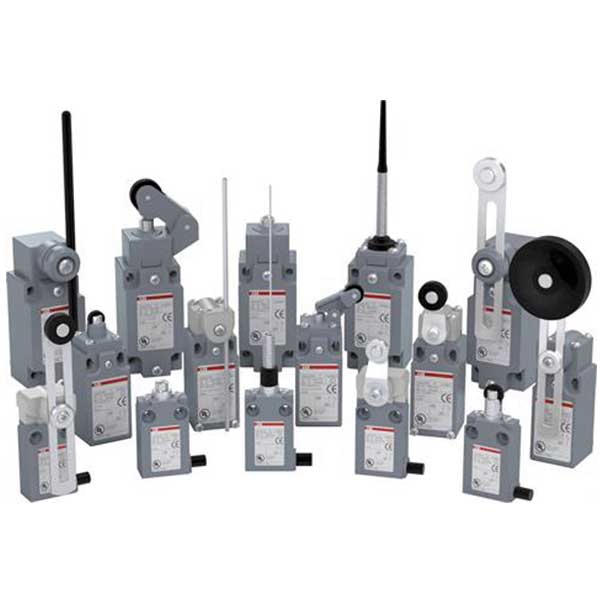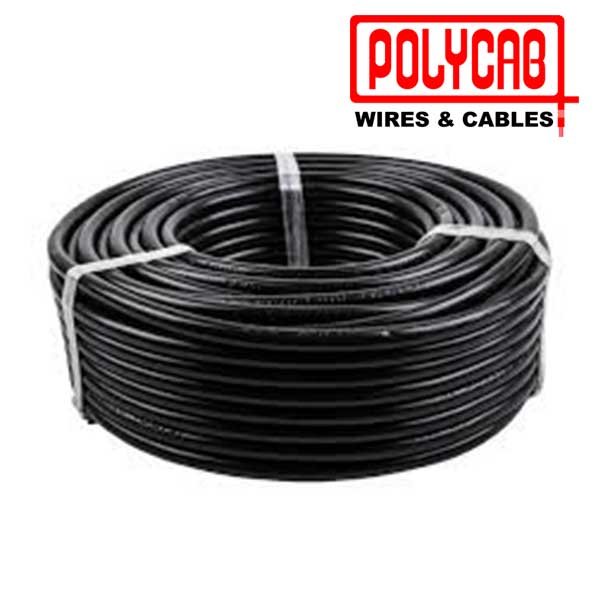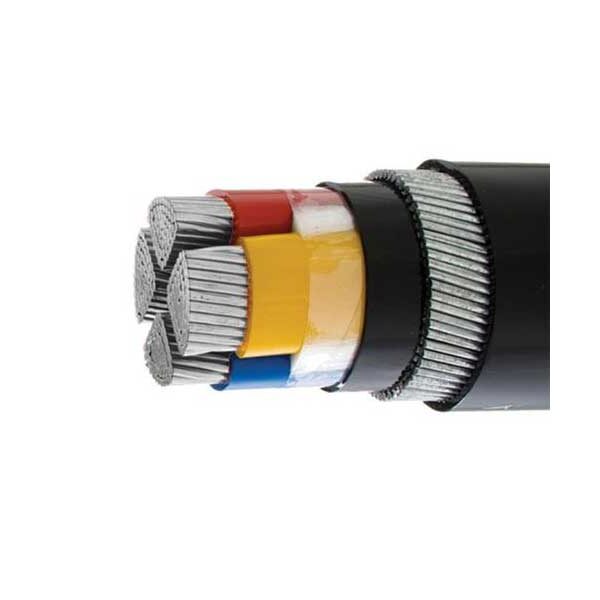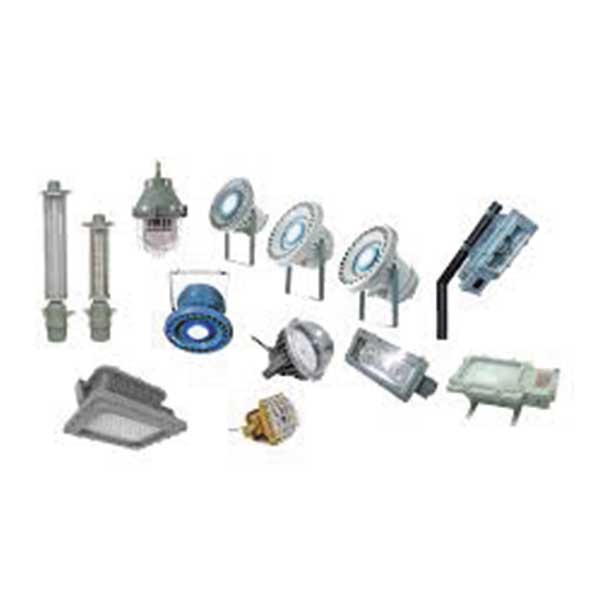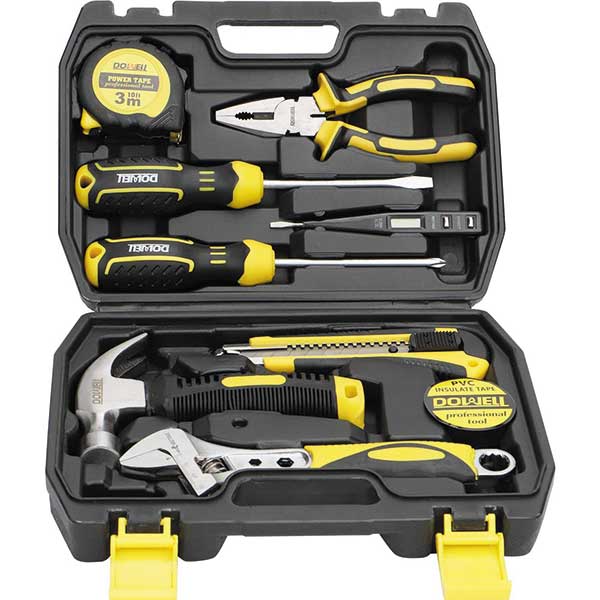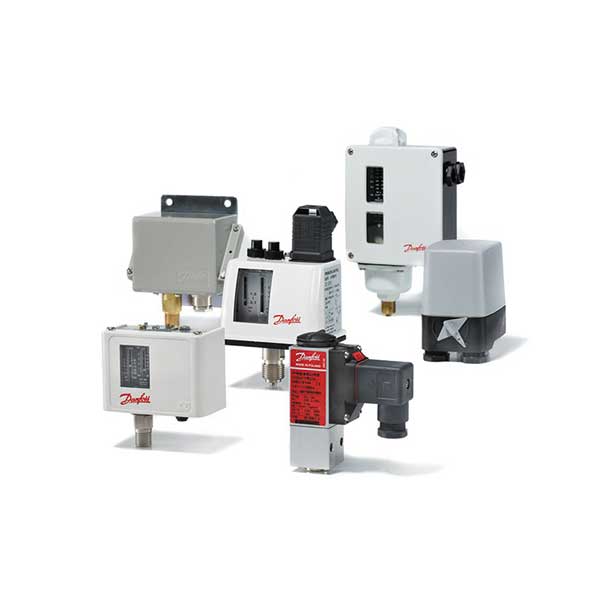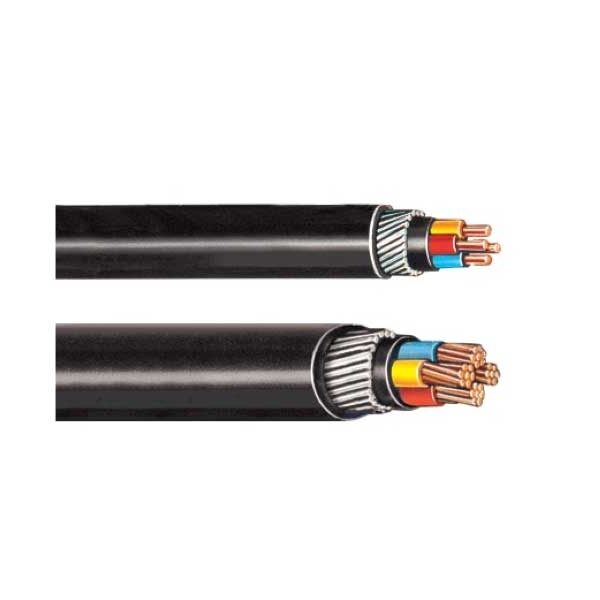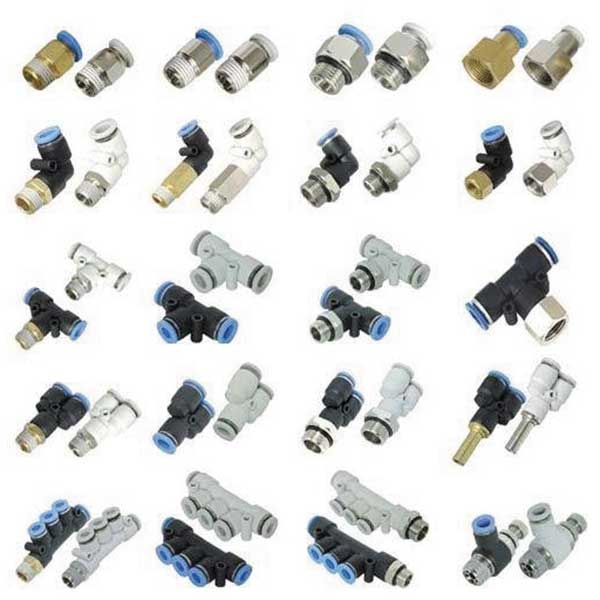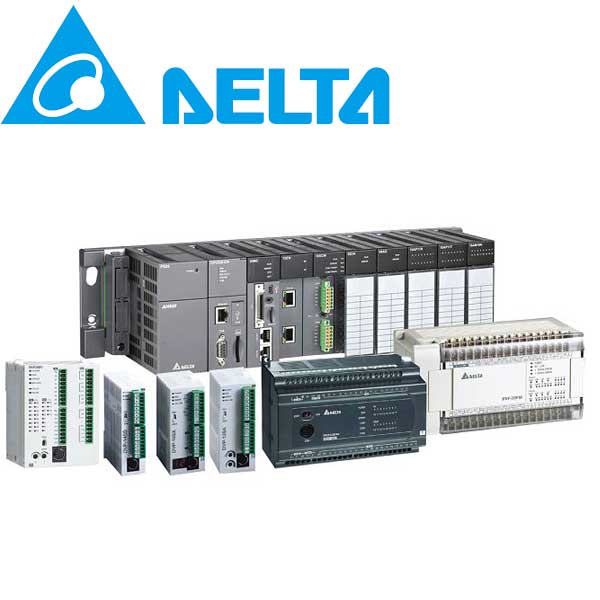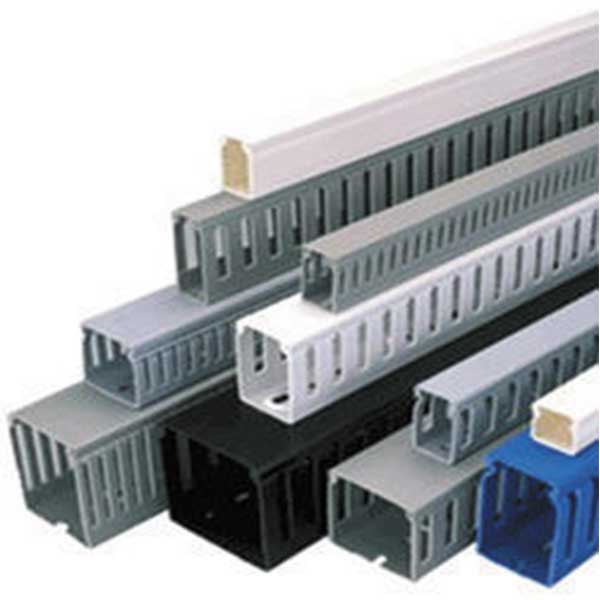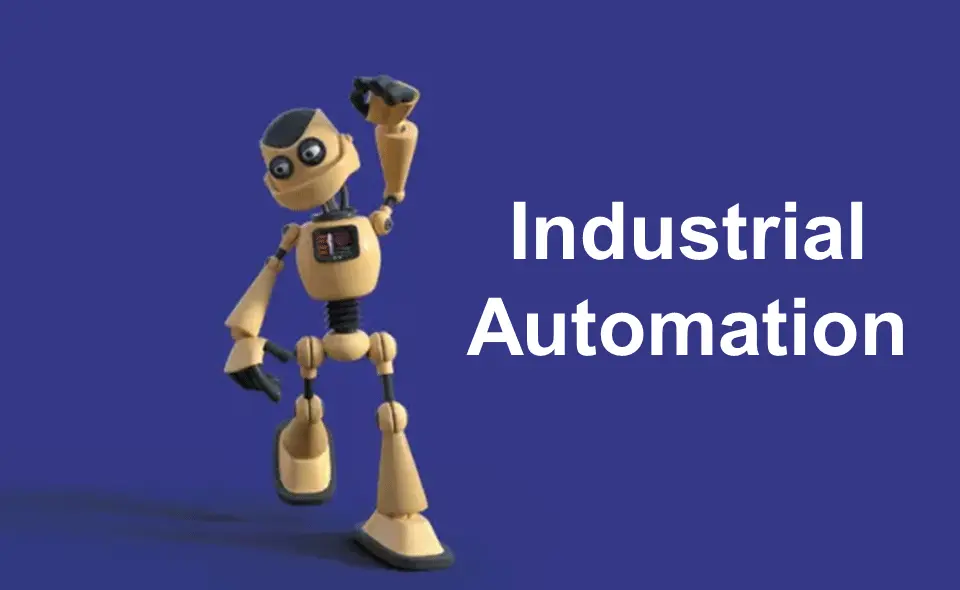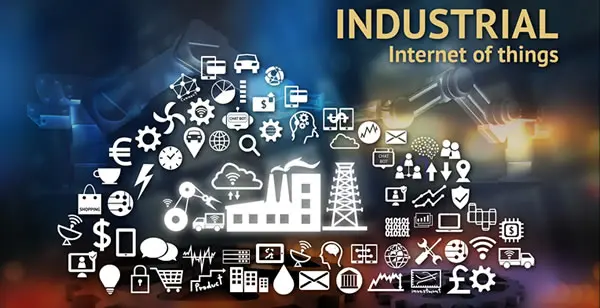
In the dynamic realm of technology, the term IIoT stands as a pivotal force, steering industries towards unprecedented efficiency and innovation. This article aims to comprehensively explore the intricacies of the Industrial Internet of Things, delving into its profound impact on industrial manufacturing.
“In the digital era, IIoT transforms industries by turning data into actionable insights.”
Understanding IIoT: A Closer Look at the Core
At its essence, IIoT is the shorthand for the Industrial Internet of Things. In straightforward terms, it involves connecting various industrial devices and systems to the internet, enabling seamless communication and data sharing. Picture a network of intelligent machines collaborating to enhance overall productivity and operational efficiency.
The Role of IIoT in Industrial Manufacturing
1. Boosting Efficiency and Productivity
A primary advantage of IIoT lies in its capacity to streamline operations. Smart sensors affixed to machinery collect real-time data, offering insights into performance and efficiency. This data-centric approach empowers businesses to identify bottlenecks, optimize processes, and ultimately elevate productivity levels.
2. Cost Savings Through Predictive Maintenance
Gone are the days of reactive maintenance. With IIoT, machines gain the ability to predict when maintenance is required. Real-time monitoring of equipment health allows businesses to schedule maintenance activities precisely, minimizing downtime and resulting in substantial cost savings.
3. Enhancing Quality Control
Quality control is paramount in manufacturing. IIoT facilitates improved quality control by continuously monitoring the production process. Any deviations from set standards trigger immediate alerts, ensuring that only high-quality products reach the market.
The Technical Wizardry Behind IIoT
1. Sensor Technology: The Eyes and Ears of IIoT
Central to the functionality of IIoT is the deployment of sensors. These intelligent devices act as the eyes and ears of the system, collecting data on parameters such as temperature, pressure, and humidity. This data is then transmitted for analysis, guiding decision-making processes.
2. Cloud Computing: The Brain of IIoT
In the digital landscape, the cloud serves as the brain of IIoT. It functions as the repository for the vast amounts of data generated by sensors. Cloud computing facilitates storage, analysis, and retrieval of this data, providing businesses with valuable insights for strategic decision-making.
3. Edge Computing: Speeding Up Data Processing
To ensure real-time responsiveness, IIoT often incorporates edge computing. Rather than sending all data to the cloud, edge devices process information locally. This approach reduces latency and accelerates decision-making, a crucial factor in time-sensitive industrial processes.
Challenges on the Horizon: Navigating Security and Compatibility
1. Security Concerns in the IIoT Landscape
Amid increased connectivity, cybersecurity emerges as a critical concern. Safeguarding sensitive industrial data from potential breaches is a top priority. Robust encryption, secure communication protocols, and regular updates become essential in fortifying the IIoT infrastructure.
2. Compatibility Issues in Legacy Systems
The seamless integration of IIoT faces challenges when dealing with older industrial machinery. Compatibility issues necessitate businesses to invest in upgrading or retrofitting existing systems. Despite the initial challenges, the long-term benefits often outweigh the upfront costs.
The Future of IIoT: Peering into Tomorrow’s Industries
As technology advances, so does the potential of IIoT. Envision fully automated smart factories, interconnected supply chains, and a landscape where industries seamlessly adapt to changing demands. Embracing IIoT positions industries at the forefront of the digital revolution, providing a competitive edge in an ever-evolving market.
Practical Application:
Let’s imagine a factory using IIoT. The smart sensors on machines collect data about their performance. If a machine shows signs of a problem, it sends an alert. The maintenance team gets this alert, and they can fix the issue before the machine breaks down. This prevents unexpected stoppages, saving time and money. For example, if a sensor detects high heat in a motor, it signals for maintenance to check it. Fixing a small issue early avoids a big breakdown. This practical use of IIoT keeps the factory running smoothly.
Real-world Impact:
Consider a global supply chain using IIoT. Smart devices track products at every stage, from manufacturing to delivery. If a product faces delays or disruptions, the system alerts the stakeholders. For instance, if a shipment encounters unexpected weather issues, the system notifies everyone involved. This real-time information helps in rerouting or rescheduling, ensuring the smooth flow of goods. The impact is a more resilient and adaptive supply chain that responds swiftly to challenges.
“Predictive maintenance through IIoT is not just efficient; it’s a game-changer for cost savings and productivity.”
Conclusion: Embracing the Future Today
In conclusion, the Industrial Internet of Things emerges as a transformative force, reshaping the operational landscape of industries. From increased efficiency and predictive maintenance to addressing security challenges, the impact of IIoT is profound. As industries strive for digital transformation, embracing the power of IIoT becomes not just a strategic choice but a necessity for ensuring a sustainable and competitive future. The journey towards a digitally transformed industrial sector begins with the integration of IIoT—a journey that promises efficiency, innovation, and resilience in the face of evolving technological landscapes.

